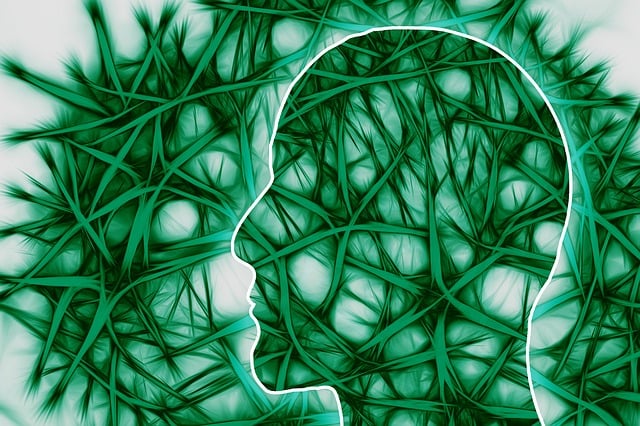Parkinson's disease is a progressive and neurodegenerative disorder that primarily affects movement. It is characterized by a variety of motor and non-motor symptoms and is caused by the gradual degeneration of nerve cells in the brain, particularly in the substantia nigra, a region responsible for the production of dopamine, a neurotransmitter that plays a crucial role in coordinating smooth and balanced muscle movements.
The primary symptoms of Parkinson's disease include:
- Tremors: Involuntary shaking or trembling, often beginning in one hand. These tremors are typically most noticeable when at rest.
- Bradykinesia: Slowness of movement, making simple tasks more time-consuming and difficult.
- Muscle rigidity: Stiffness in the muscles, which can result in joint pain and limited range of motion.
- Postural instability: Difficulty maintaining balance and an increased risk of falls.
In addition to these core motor symptoms, Parkinson's disease can also cause various non-motor symptoms, including:
- Depression and anxiety: Emotional changes and mood disorders are common in people with Parkinson's.
- Cognitive changes: Problems with memory, thinking, and problem-solving can develop in some cases.
- Sleep disturbances: Sleep problems, such as insomnia and excessive daytime sleepiness, are frequent.
- Autonomic dysfunction: This can lead to issues like constipation, urinary problems, and blood pressure fluctuations.
- Loss of sense of smell: Many individuals with Parkinson's experience a reduced ability to smell (hyposmia) or a complete loss of smell (anosmia).
While there is no cure for Parkinson's disease, there are various treatment options available to manage its symptoms. Medications, such as dopamine replacement therapy, are commonly used to alleviate motor symptoms. Physical therapy, occupational therapy, and speech therapy can also help individuals maintain their quality of life and mobility.
In some cases, deep brain stimulation (DBS) surgery may be considered for individuals with advanced Parkinson's disease who do not respond well to medications. Supportive care and lifestyle modifications can also be beneficial in managing the condition. The progression of Parkinson's disease varies from person to person, and its impact on daily life can be quite different for each individual. Therefore, it's essential for those affected by the disease to work closely with healthcare professionals to develop a tailored treatment plan.
Top Stories, Trending, Viral, Jobs, Information & Entertainment Telegram Channel Click to Join Infimor
